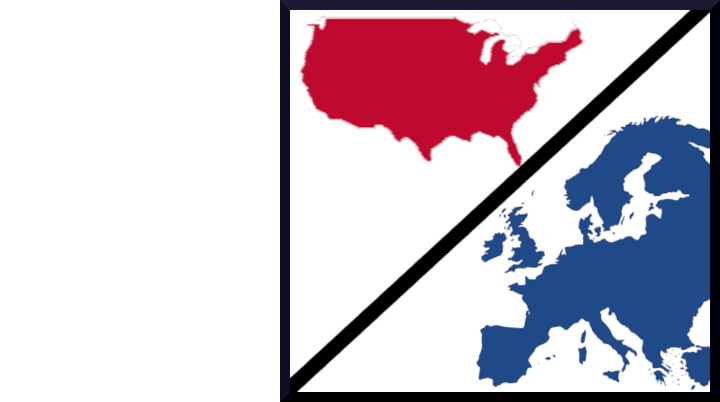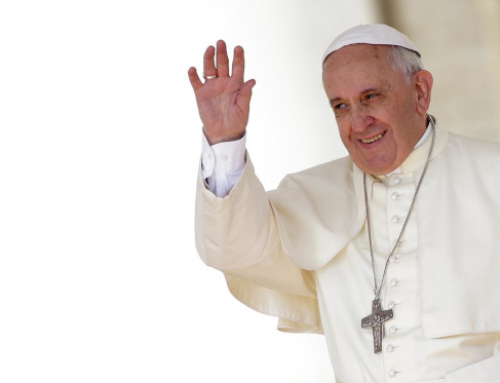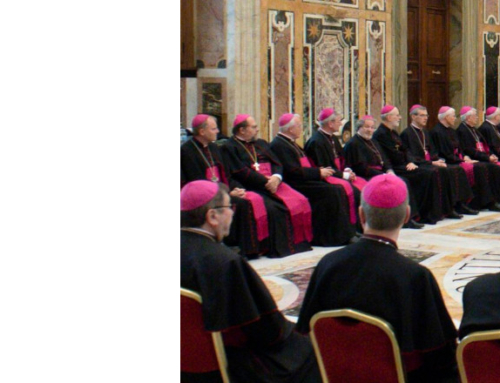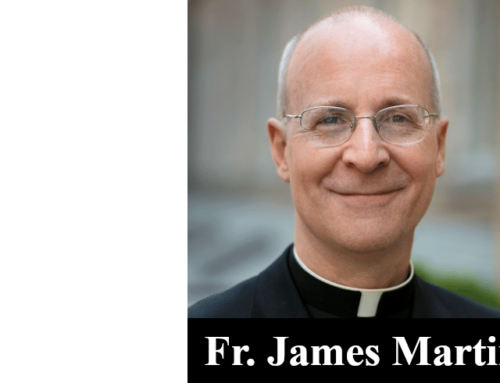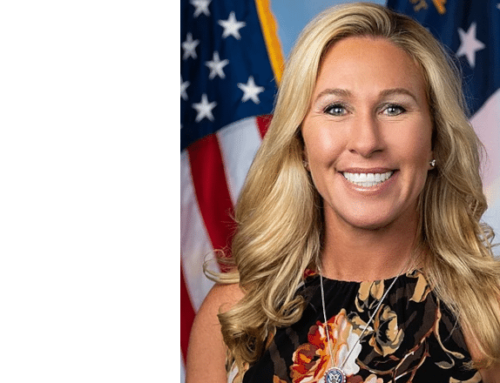Catholic League president Bill Donohue comments on growing intolerance for Christianity in the U.S. and the U.K.:
Last July, Supreme Court Justice Samuel Alito, who had just recently written the majority opinion overturning Roe v. Wade, upset militant secularists when he spoke honestly about the fate of religious liberty. In his Rome address, he talked about a “growing hostility to religion, or at least the traditional religious beliefs that are contrary to the new moral code that is ascendant in some sectors.”
What Alito said is true in the U.S. and Europe.
In a survey by Lifeway Research, it found that “nearly 60% agreed that ‘Christians increasingly are confronted by intolerance in America today.’” Those who regularly attend religious services were even more likely to say this is true. Young people and those who are religiously unaffiliated were the least likely to agree.
In a survey of anti-Christian bigotry on the other side of the Atlantic, the Observatory on Intolerance and Discrimination Against Christians in Europe investigated five countries: France, Germany, Spain, Sweden, and the United Kingdom. It found that anti-Christian hate crimes increased by 70 percent between 2019 and 2020. “These have a higher frequency in France and Germany, although they tend to be more severe in Spain and France, due to a reactionary form of secularism.”
Why the increase in hate crimes against Christians in Europe? What they found is exactly what Alito was saying. “Secular intolerance and discrimination against Christianity seem to be based on the opposition against more traditional and conservative moral view of Christians.” It also said that “It was uncovered that there is a high rate of religious illiteracy among state authorities, public officials and journalists.”
The finding about anti-Christianity in Europe also applies to the U.S. It is not religious extremists who are responsible for most of the anti-Christian bigotry—it is militant secularists. Similarly, the high rate of religious illiteracy among government officials and reporters is a serious problem in this country as well.
In 2016, Dean Baquet, the executive editor of the New York Times, said on NPR that it is important for journalists to realize that they have to do a better job understanding the “anger and disconnectedness that people feel. And I think I use religion as an example because I was raised Catholic in New Orleans. I think that the New York-based—and Washington-based, too, probably—media powerhouses don’t quite get religion.” He added, “We don’t get the role of religion in people’s lives.”
Nothing has changed. Christian bashing is sport in the very Western nations that gave birth to Christianity. That those doing the bashing fancy themselves as the tolerant ones—the “open-minded” secularists—makes the situation all the more perverse.


